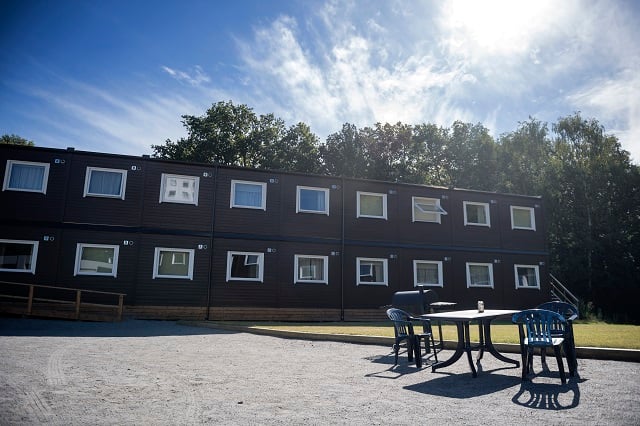The report was based on responses from municipal and regional councils to a survey and assessed how the authorities' activities – for example in social care and healthcare – were affected by changes in the number of refugees and new arrivals in Sweden.
In most cases, the municipalities estimated that the impact of the new arrivals on the different services and activities had decreased over the past year. This meant that there was a smaller impact on things such as social care, dental care, and psychiatric care, and in terms of education, the effect had remained stable.
The exception was housing, particularly in Stockholm and Skåne, where a significant proportion of new arrivals end up.
Sustainable housing solutions are “an important prerequisite for rapid establishment and integration in the labour market and in society”, the report noted, yet it said that there were no efforts taking place to develop sustainable housing specifically for this group.
Meanwhile, new arrivals who had arranged their own housing frequently experience “overcrowding, high second-hand rental costs, and severe worry about their living situation”. The majority of municipalities also said that new arrivals arranging their own housing contributed to segregation, due to the fact many ended up living in vulnerable areas or uncertain living situations due to availability and cost restrictions.
As a response to the huge numbers of refugees that entered the country from autumn 2015, Sweden passed a Settlement Act, which gave municipalities various responsibilities relating to helping new arrivals settle, including a requirement to provide housing to those people whose asylum requests were granted.
The act itself didn't include a time period or deadline, but the majority of municipalities treated it in the same way as the Establishment Agreement under which newly arrived people receive free language and job preparation classes for a two-year period.
This meant that from March, the first of the housing contracts offered under the Settlement Act began to expire. And according to the report, people are often evicted after the two-year period, without new accommodation being found.
This problem is particularly widespread in the cities, with seven of Stockholm's ten municipalities failing to offer long-term solutions. The report said such solutions were “decisive” in the ability of new arrivals to establish themselves in Sweden, and called for “long-term housing help for those with limited resources”, which would require “active efforts on a long-term and in-depth level”.
Many municipalities cited a general housing shortage as the reason for the challenge. Sweden's housing situation was strained even before the 2015 migration emergency, and in 2017 only one municipality reported a surplus of housing.


 Please whitelist us to continue reading.
Please whitelist us to continue reading.
Member comments